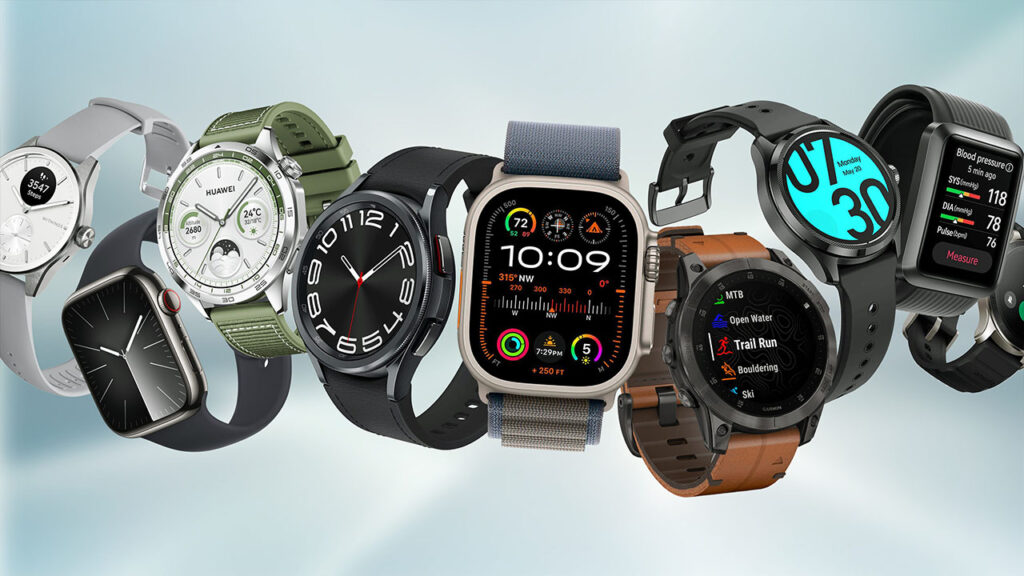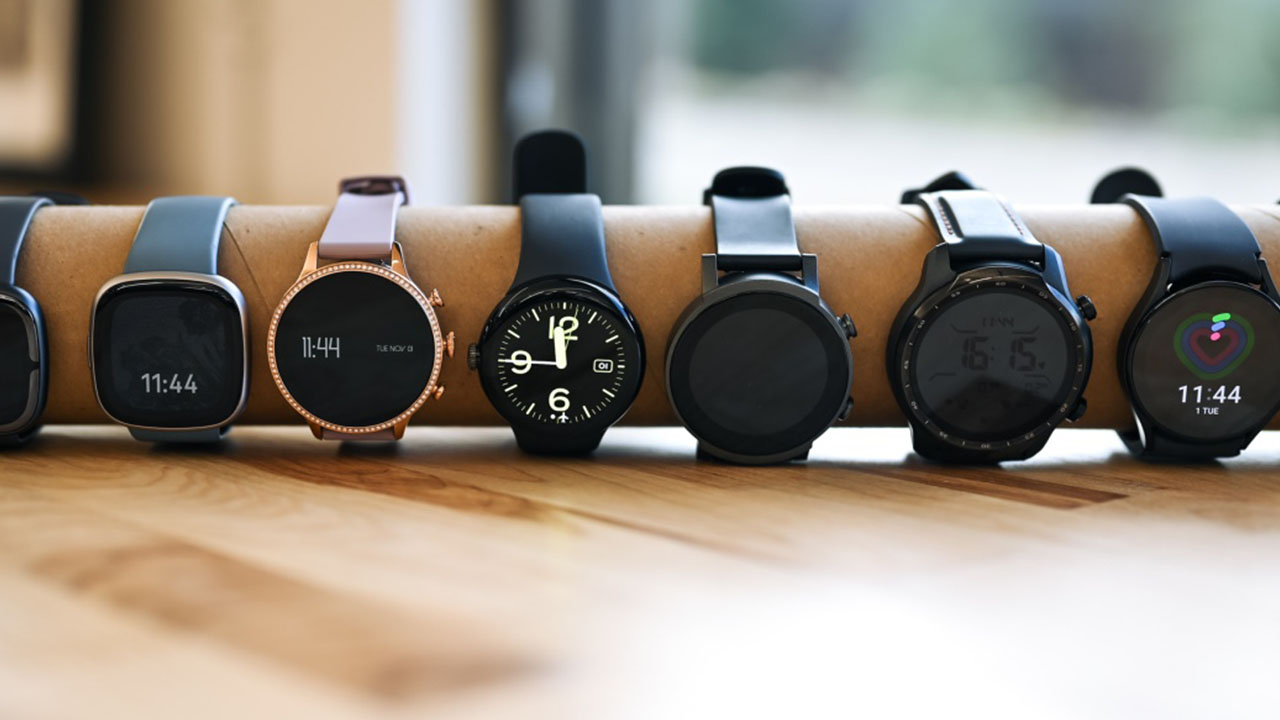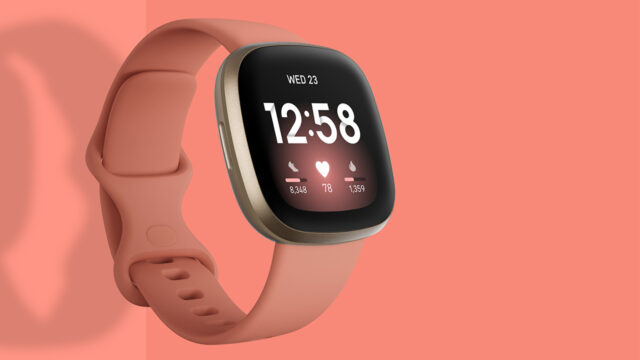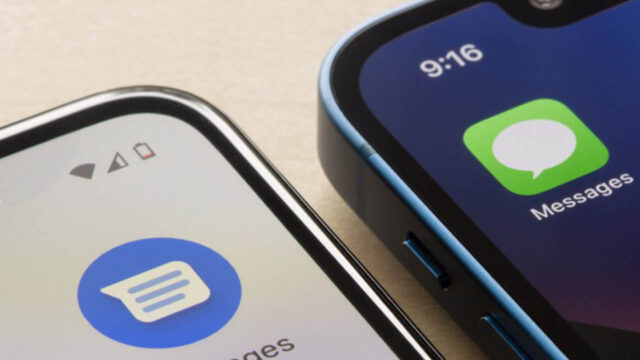Smartwatches and fitness trackers are becoming increasingly popular among people who want to monitor their health. However, there are some important questions about how accurate the data these devices provide is. A new study shows that these popular devices can be quite inaccurate, especially for some important metrics such as calorie counting and sleep tracking. If you use a smartwatch, you may need to be careful when evaluating your data.
How accurate is smartwatch data?
A review showed that smartwatches and fitness trackers are fairly accurate for some metrics, such as heart rate and cardiorespiratory fitness. They can measure heart rate with a margin of error as low as 3 percent and can help detect potential health problems such as arrhythmias. However, when it comes to more complex data, such as calorie counting and sleep tracking, the situation changes.

Calorie burn data in particular is said to have a margin of error of between 15 and 21 percent. This can have negative consequences for users who rely on this data for weight management. Similarly, metrics such as sleep duration and sleep efficiency were found to have a margin of error of more than 10 percent, and even as high as 180 percent for metrics such as sleep onset.
These findings suggest that the data provided by smartwatches and fitness trackers should not be taken as absolute truth. Users should use these devices as a guide, but should not consider the data obtained as a medical evaluation without a doctor’s approval. These devices can be useful for establishing healthy living habits, but the data should always be treated with caution.
These devices are becoming more accurate as technology advances. But they are still not perfect. You can read the official research paper here. What do you think? Please don’t forget to share your thoughts with us in the comments section below.














